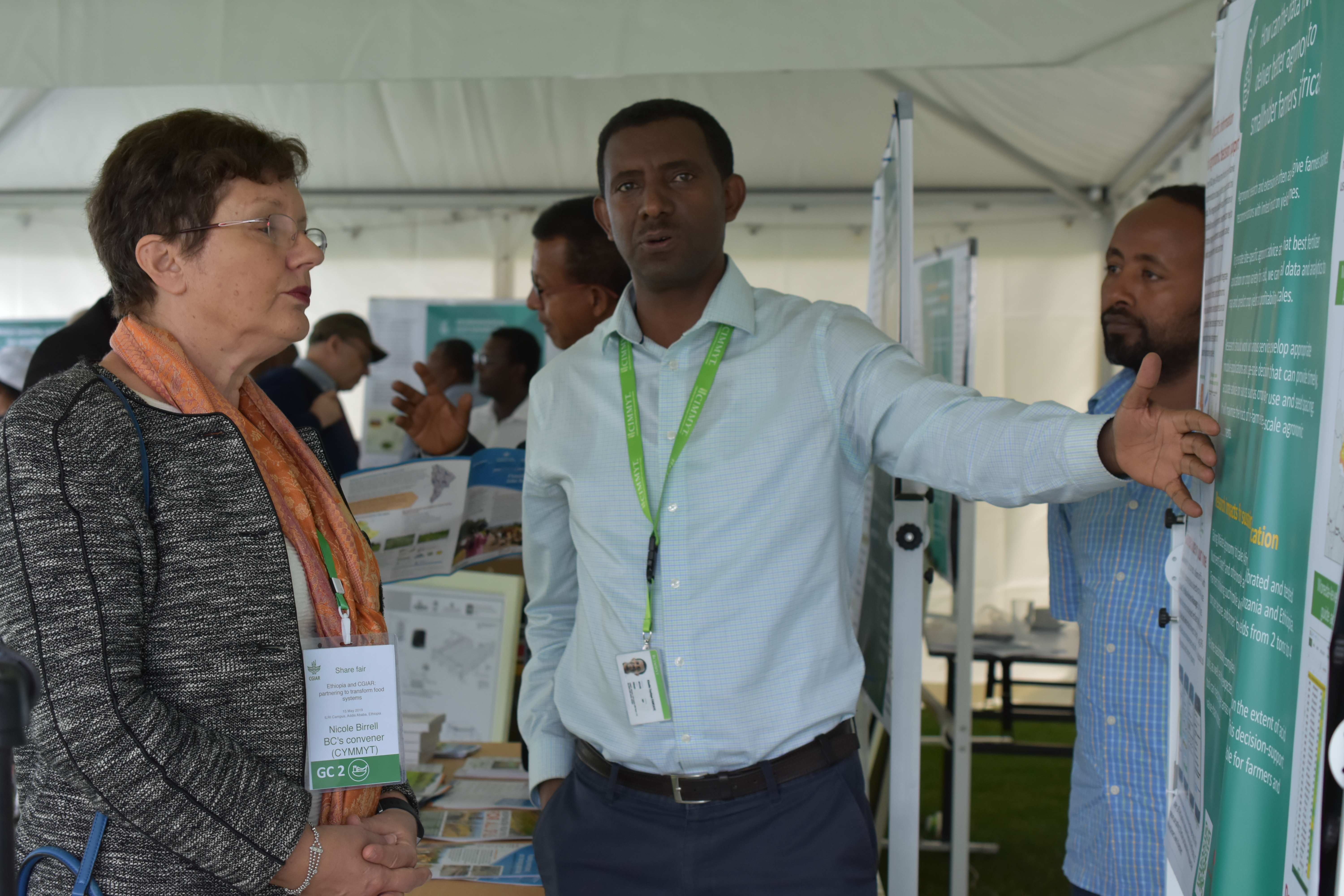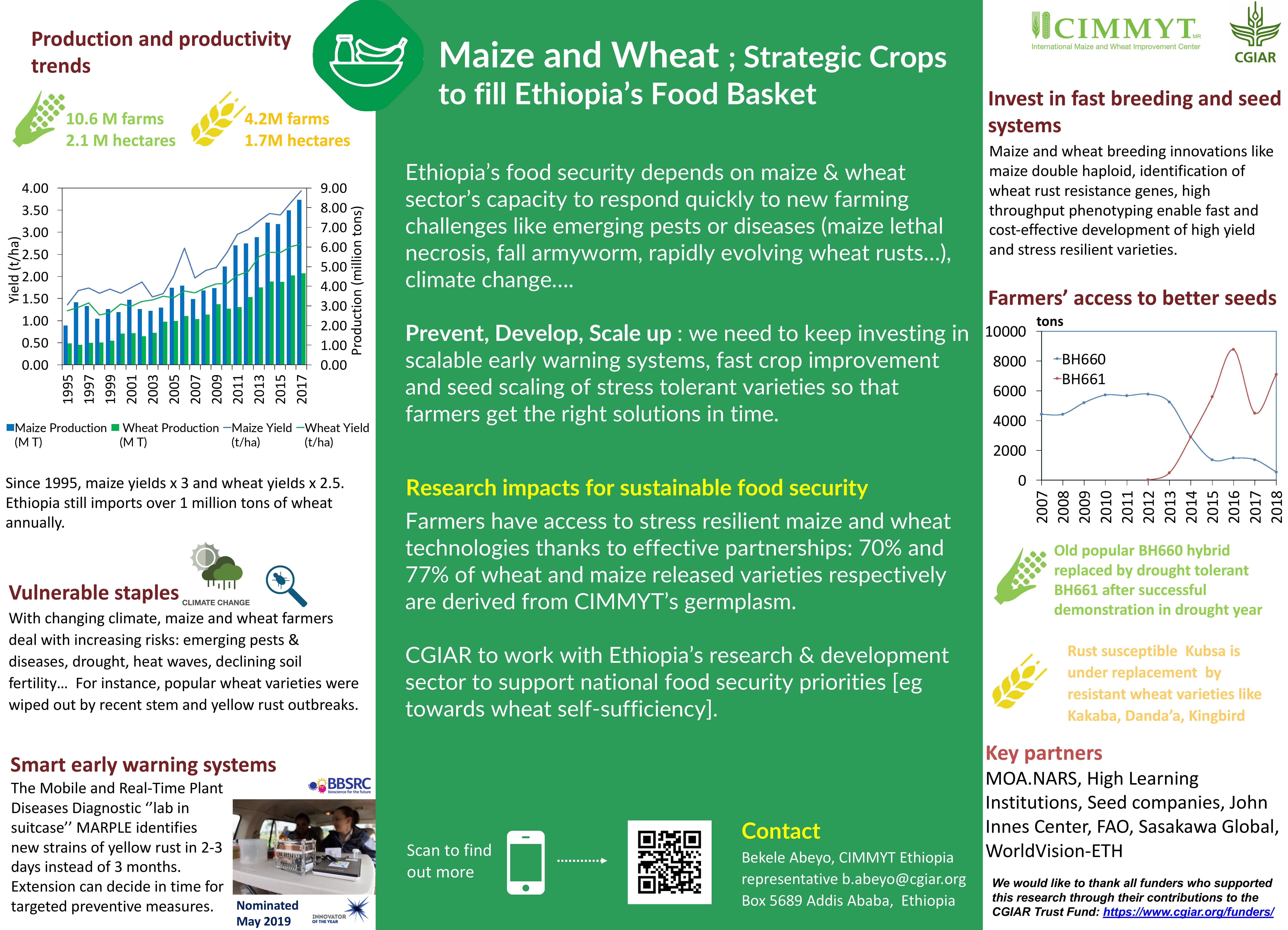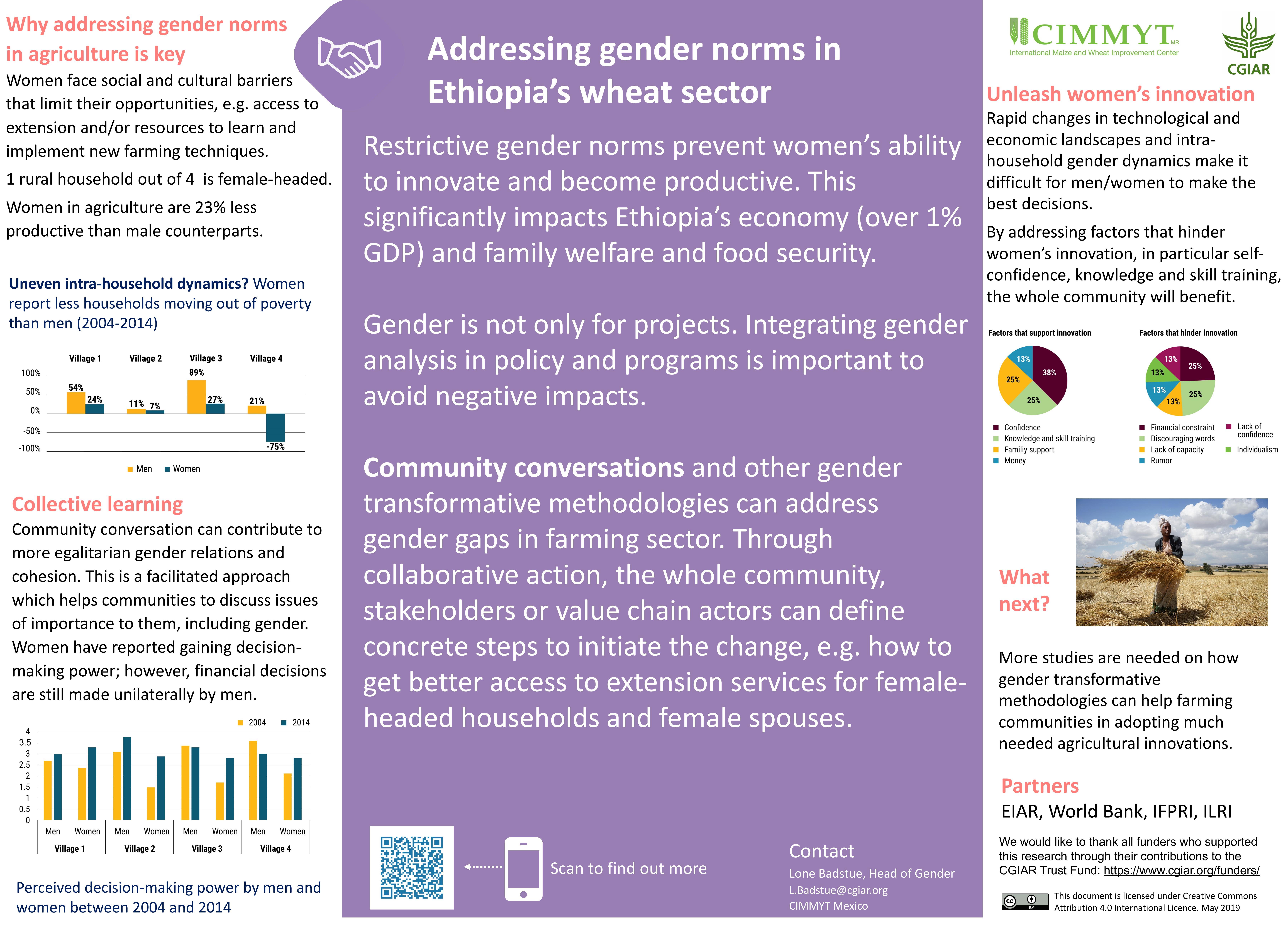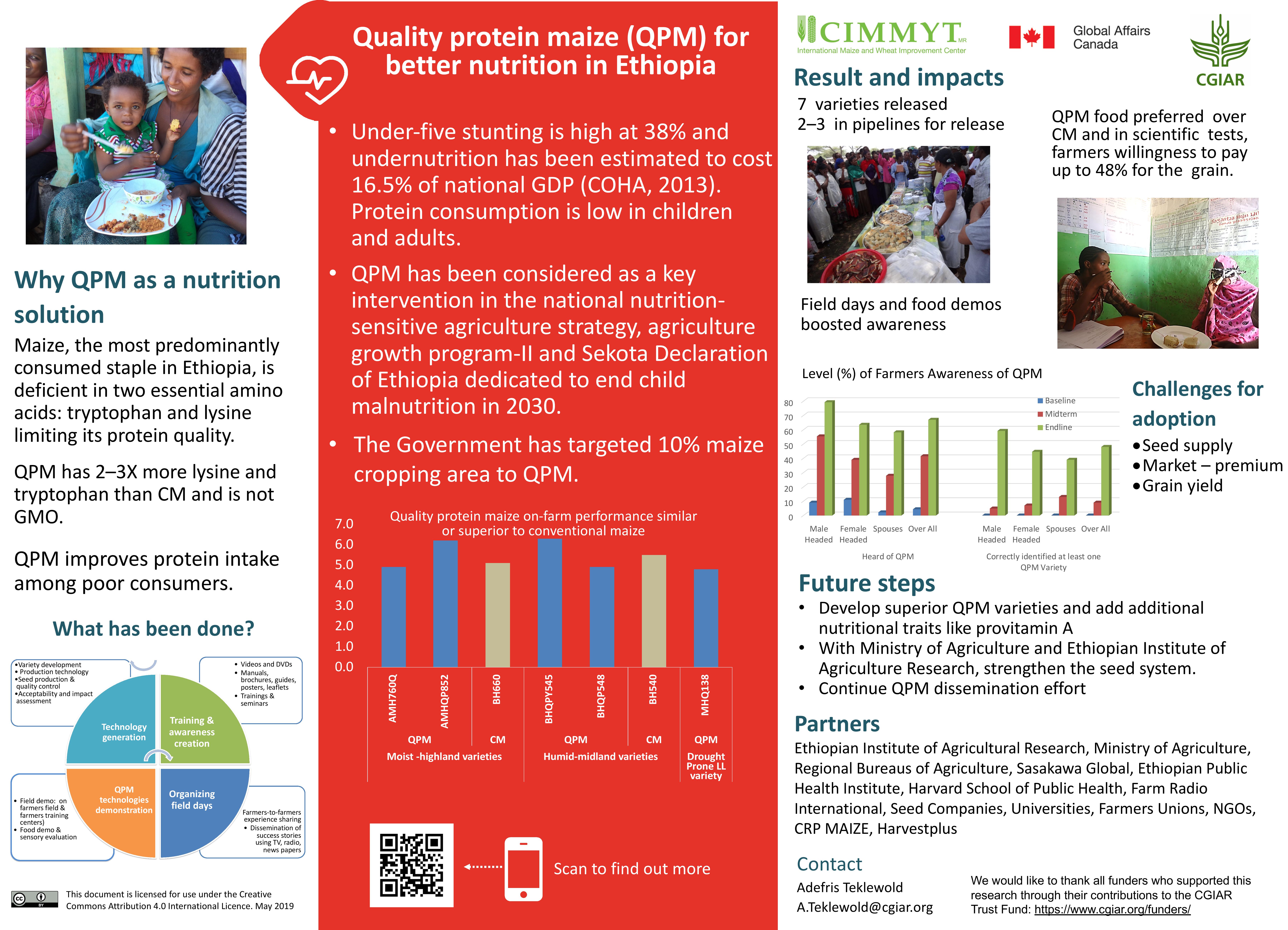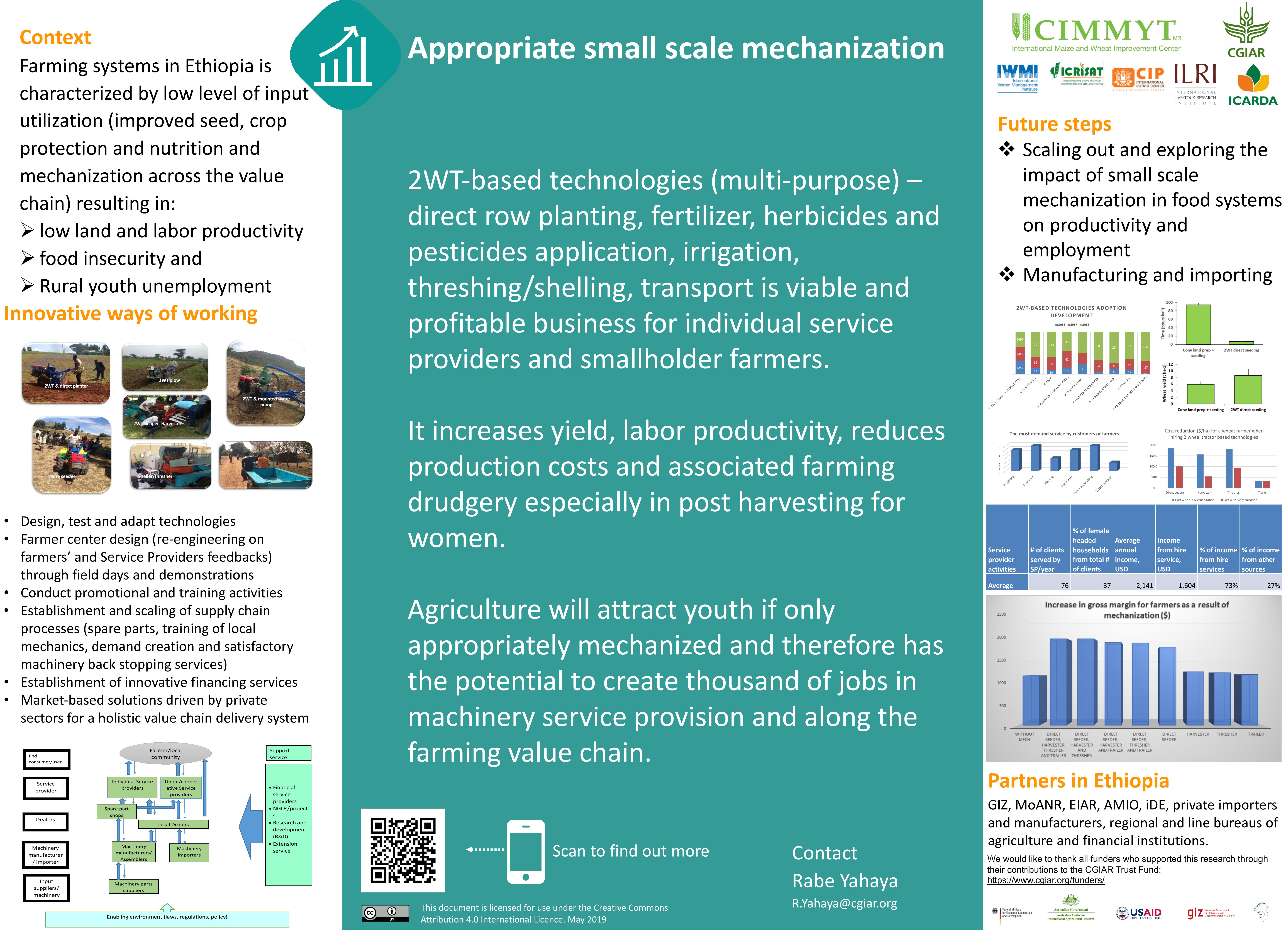How a policy to address a groundwater shortage inadvertently increased air pollution in northern India
A recent study by Harvard University, the Jet Propulsion Laboratory, Environmental Defense Fund (EDF), the University of Michigan, the Public Health Foundation of India, the International Maize and Wheat Improvement Center (CIMMYT), Columbia University, and the University of California, Los Angeles, has determined the environmental impact of a government policy of delayed rice planting in northwest India.
As explained in an article for the Tech and Science Post, farmers had to push back rice sowing to take advantage of monsoon rains and decrease reliance on groundwater-fed irrigation systems. However, this led to farmers relying on fire to quickly clear fields ready for the next planting season, thereby exacerbating air pollution in the region.
“We have shown that the groundwater and air quality crises are major regional issues and are interconnected,” said co-author Balwinder-Singh, former Cropping System Scientist at the International Maize and Wheat Improvement Center (CIMMYT) in New Delhi. “But there is still a path to clearer skies and safer water practices. Local solutions include planting rice varieties that either grow more quickly or need less water. Promoting less water-demanding crops like maize would be helpful in zones with severe groundwater depletion.”
Read the original article: How a policy to address a groundwater shortage inadvertently increased air pollution in northern India


